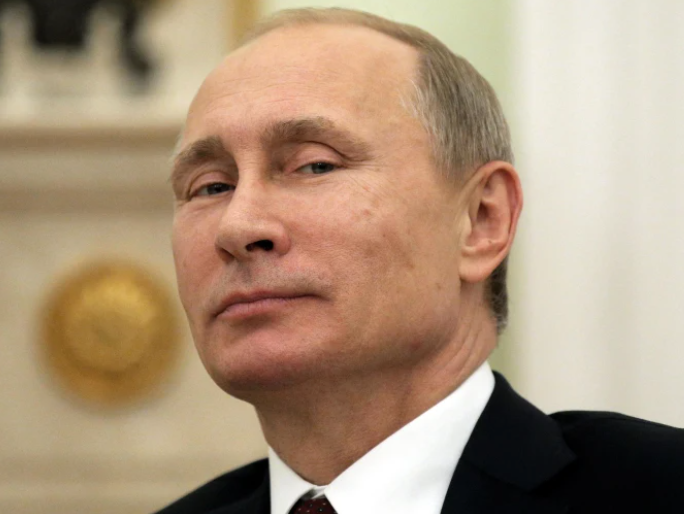#Russia #NiqabBan #Dagestan #KarachayCherkessia #SecurityMeasures #ReligiousFreedom #Terrorism #CentralAsia
In a reflective move of the tension between security measures and religious freedoms, Russia’s Dagestan and Karachay-Cherkessia regions, both with a majority-Muslim population, have implemented a temporary ban on the niqab. This decision, coined as a security-related measure, arrives in the aftermath of recent terrorist attacks that shook Dagestan. The temporary nature of the ban aims at skirting legal issues regarding religious freedoms, keeping in line with a federal stance that views a complete prohibition as an infringement upon constitutional rights. This situation underscores a complex scenario where regional security concerns are juxtaposed with national laws that uphold the freedom of religious expression, as acknowledged by a government document seen by Kommersant in late May, declaring a full ban unconstitutional.
The dichotomy between the federal government’s and the Muslim-majority regions’ approach to the niqab ban reveals a deeper social and political contradiction within Russia. The federal government’s avoidance of a full ban is likely influenced by considerations towards Russia’s growing Muslim minority, predicted to form almost one-third of the population within fifteen years. On the other hand, the rationale behind the temporary measures adopted by regions like Dagean and Karachay-Cherkessia stems from practical security concerns, suggesting a pressing need to address risks associated with disguising one’s identity, which could potentially facilitate the smuggling of explosives or weapons by male terrorists under the garment’s cover.
Moreover, the narrative expands beyond Russia’s borders into the Central Asian Republics, many of which have already placed bans on the niqab, viewing it as a vector for radicalization and a security threat. The allowance of the niqab within Russia for citizens from these regions can be seen as counterintuitive to their homeland security policies, raising concerns about the potential implications for those countries once migrants return. This situation is further complicated by the ethical and socio-political dimensions of such bans, which stir debates around ethno-religious sensitivity and national security. Efforts to maintain national unity and the characterization of discussions around the niqab ban as part of broader counter-terrorism and cultural integration strategies reflect an ongoing struggle to balance individual freedoms with collective safety in an increasingly complex global landscape.







Comments are closed.